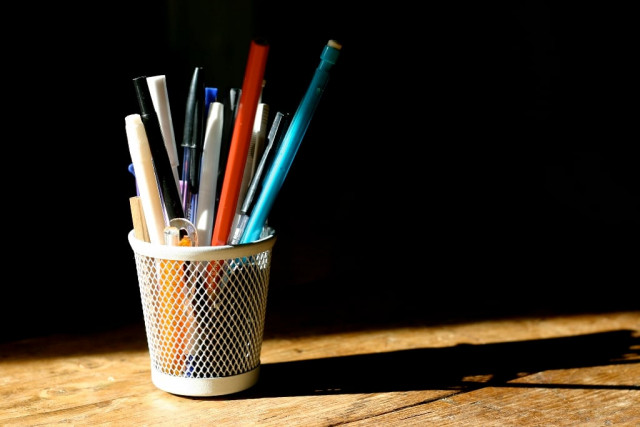Education policy: Funds, incentives needed for primary, girls’ education
UNGEI and UNICEF reports recommend policy interventions for school enrollment.

The reports on Impact of Provincial and District Budgets Towards Improving Infrastructure and Promotion of Enrollment in Girls’ Education and Universalisation of Primary Education in Punjab are part of a series of four policy level interventions launched this week. PHOTO: FILE
There are over 15 million out-of-school children between the ages of five and 16 in Punjab, according to a policy brief launched on Tuesday by the United Nations Girls’ Education Initiative (UNGEI) in collaboration with the School Education Department (SED) and UNICEF Punjab.
The report stated that in order to provide free and compulsory education, in accordance with Article 25-A, 15 per cent annual increase in enrollment would be required to achieve 89 per cent enrollment by 2024-2025.
The reports on Impact of Provincial and District Budgets Towards Improving Infrastructure and Promotion of Enrollment in Girls’ Education and Universalisation of Primary Education in Punjab are part of a series of four policy level interventions launched this week.
Budgets and education
The brief said that out of over 15 million out-of-school children in Punjab, 55 per cent were girls. It said there were no girls’ high schools in 1,300 union councils in Punjab. The report calculated the required financial resources to be around Rs3,387 billion to achieve 98 per cent enrollment for children between the ages of five and 16 by 2024-2025. It estimated a current budget of Rs3,023 billion and development budget of Rs363 billion to achieve the goals set by Article 25-A.
SED Budget and Planning Additional Secretary Mirza Mahmoodul Hassan said the department had carried out extensive data collection to identify areas that needed funds.
With a budget of Rs208 billion for school education for 2013-2014, Budget and Planning Deputy Secretary Qaiser Rasheed said Rs165 billion had been allocated for salaries. To tackle the issues of access and retention, he said, Rs15.5 billion had been allocated for the development budget and Rs7.5 billion for the Punjab Education Foundation. He said Rs2 billion had been allocated for girls’ stipend.
The brief proposed that efficient and timely release of funds also be ensured. It also called for the continuation of incentive-based programmes and awareness campaigns that encourage parents and girls towards education. It stated that public-private partnerships should be encouraged. The report recommended an increase in the education budget from between two and three percent to four to six per cent of the GDP.
Primary education
The policy brief encouraged synergies between philanthropist organisations and government-run educational organisations, a congenial school environment, meals in schools, child-tracking systems and provision of healthcare facilities at schools to ensure universalisation of primary education, which would help attain the Millennium Development Goals.
The brief suggested the Punjab Assembly enact legislation by motivating political representatives and rendering universal primary education as a marker of achievement for the political leadership.
It stated that primary-level completion rates in Punjab were 78 per cent, a very low figure by international standards. To increase this it recommended the establishment of standing committees to ensure school retention.
Nauman Aqil of the Institute of Social and Cultural Studies at the Punjab University, who worked as part of the technical team on the brief, said establishing school management committees would be beneficial for monitoring and evaluation. “A strong sense of cohesion emerges through such interventions which bind the community for a greater social cause,” he said.
Aqil said healthcare facilities and meals at schools, would create economic constraints on the government but would be beneficial for ensuring enrollment and retention, which the government was already investing in.
Published in The Express Tribune, May 14th, 2014.



















COMMENTS
Comments are moderated and generally will be posted if they are on-topic and not abusive.
For more information, please see our Comments FAQ